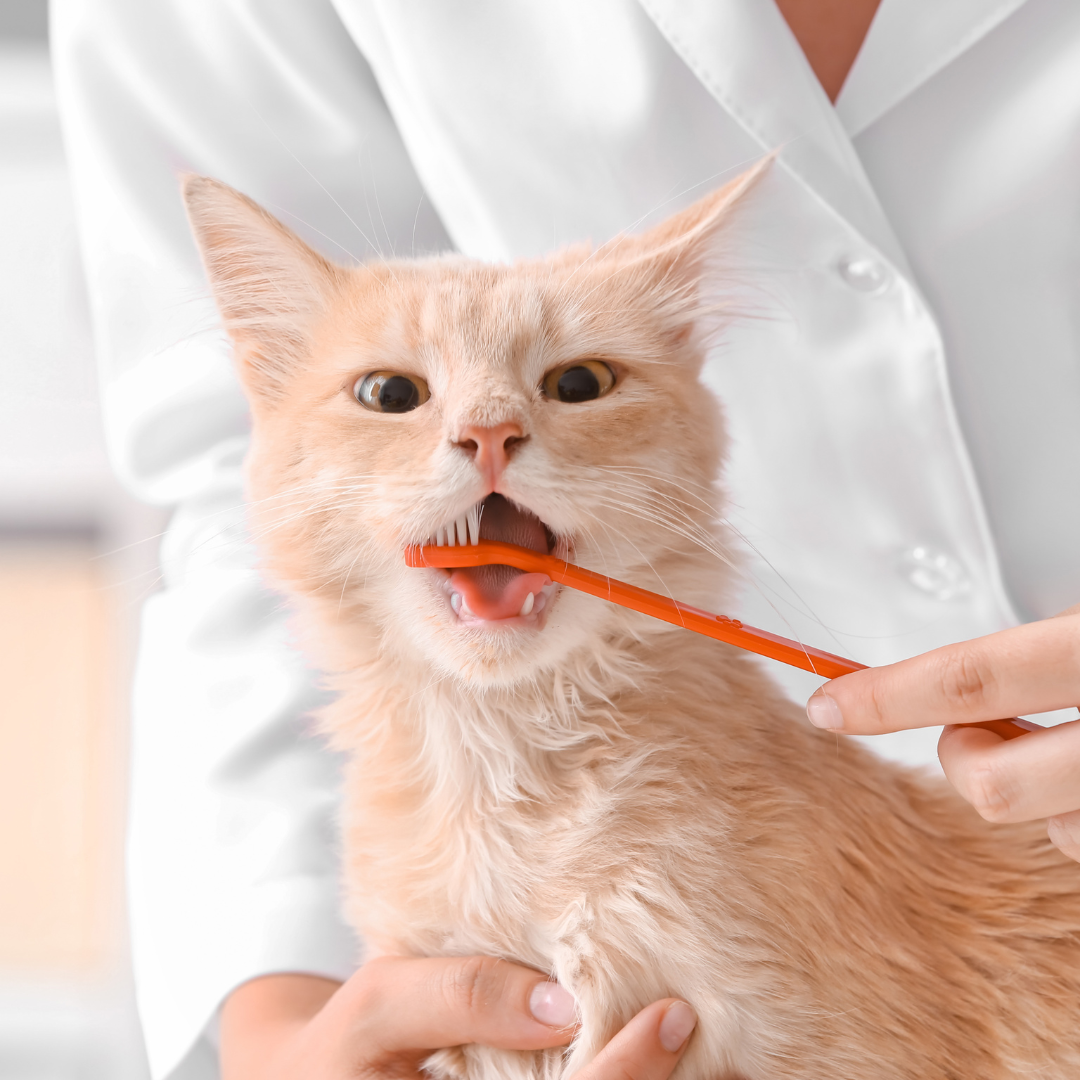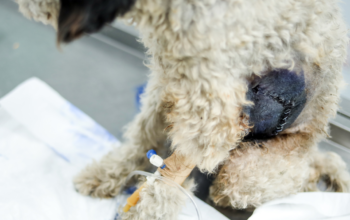Cats are like small children. They sneak into places they’re not supposed to go, like your bed, sneaking a few nibbles and purring to let you know they’re there. While they can be annoying, they’re adorable, and few people would turn down the chance to have one as a pet. However, if your cat is anything like your kitty, he needs brushing and dental care. Oral care is very important for cats, not because it’s gross, but because your cat’s mouth can host many serious health issues.
Since cats are fastidious groomers, they don’t usually need to visit the vet to get their nails trimmed. However, if your cat has dental problems, regular veterinary visits are necessary. Routine dental checkups can help your veterinarian detect problems before they become larger and more expensive. Keeping your cat’s teeth clean is also important to their health.
Regular Dental Checkup
Your cat’s mouth isn’t as clean as you might think, and that’s a problem. They can develop plaque buildup and tartar, which can lead to tooth decay and gum disease. Brushing and flossing your cat’s teeth at home is important, but so is a regular visit to the vet. Cats have sharp, dexterous teeth that help them catch small animals, tear meat apart, and grind down rodent and bird bones. These teeth require constant maintenance and a professional dentist’s help to stay healthy and disease-free.
Brushing
Your cat’s teeth should be brushed at least three times a week, but more than that is ideal. Brushing your cat’s teeth two to three times a day will help keep the teeth clean and healthy. The soft bristles of a cat toothbrush will gently remove plaque and tartar while polishing away the stains on your cat’s teeth. To brush your cat’s teeth, gently scrub the gum line with a toothbrush. Then, hold it in your cat’s mouth, so the bristles clean the teeth and gums. Don’t brush too hard, and remember to brush behind your cat’s front teeth, where plaque often accumulates.
Appropriate Dental Diet
Cats require a different diet than dogs do since most dogs like to eat dog food. They like to eat cat food, and they require special dental health products because they cannot clean their teeth as dogs can. If you feed your cat a diet that includes lots of meat, such as dry kibble, they could develop plaque and tartar buildup on their teeth. Your cat’s teeth are essential because they help your cat chew their food and digest it. If your cat’s teeth are damaged or unhealthy, he/she could experience discomfort and may even stop eating altogether, leading to malnutrition. To help your cat keep her teeth healthy, it’s smart to include an appropriate dental diet in his/her regular meal rotation.
Use Dental Chew Toys
Cats with dirty teeth can lead to bad breath, difficulty eating, tooth loss, and other health problems. Fortunately, keeping your feline’s teeth clean isn’t as hard as you might think as long as you pick up a few important items. Regular brushing is the number one way to keep your cat’s teeth clean, but your cat probably won’t like this. Luckily, there are plenty of products out there that make dental care easier. A good tip is to start using dental toys. A great way to keep your cat’s teeth clean is by using dental chew toys. Dental chew toys are specifically made to help clean your cat’s teeth by removing plaque and tartar buildup. They are specially made to be abrasive, and some even contain baking soda, which has been shown to reduce plaque and bad breath.
Give Them Fresh Water
Cats are notorious for being messy eaters, but cat owners can help their felines by providing them with fresh water at all times. Cats only use water to clean their tongues, so when they swallow it, it helps prevent bacteria from sticking to their teeth. If your cat is drinking from a bowl, give it fresh water at least three times a day. If you’re using a fountain or a litter box, change the water at least once a day.
Dental Medication
Tooth brushing might be enough to keep your kitty’s teeth clean, but tartar buildup can lead to more serious health conditions like gingivitis or tooth loss. Luckily, there are several over-the-counter medications and prescription products that can help control tartar buildup and help prevent gum disease.
Cats spend a lot of time licking their tongues, so, understandably, their palates can get stained. Some of them, especially elderly cats, may have a hard time gripping a toothbrush, but pet toothpaste can help. If your cat has a habit of tipping over the trash can, try placing a piece of cardboard underneath the lid or using a litter mat near the trash can to catch any litter spills. To clean your cat’s tongue, rub a thin layer of pet toothpaste on your cat’s tongue, then gently brush the toothpaste off the tongue.




